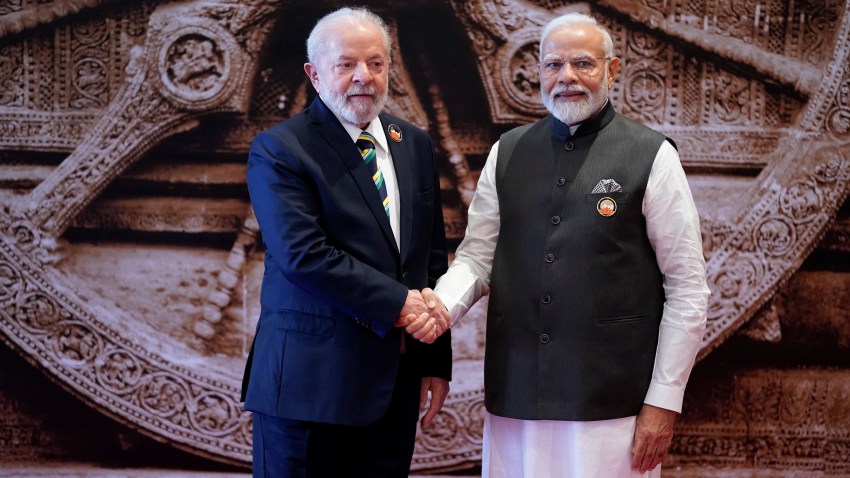The recent G-20 Summit in India ended with Indian Prime Minister Narendra Modi handing the organization’s symbolic gavel of leadership to Brazilian President Luiz Inacio Lula da Silva. Brazil doesn’t officially take charge of the G-20 until December, and Modi has floated the idea of one last virtual meeting among the member states in November while India still controls the agenda. But Lula still used the moment to announce Brazil’s plans for its year at the helm of the group.
Lula’s key focus for Brazil’s G-20 presidency will be ending global hunger by 2030. To do so, he wants to reform multilateral banks and the International Monetary Fund so that they focus on reducing debt burdens in lower-income countries, where money that could go to feeding the population currently goes to servicing debt instead. In addition to a G-20 task force on ending hunger and poverty, he also plans to stand up a second one focused on combating climate change.
That proposed agenda is Lula at his best, highlighting his own personal trajectory as the president who grew up poor, never finished high school, was injured in a manufacturing accident, led union protests and spent time in prison as a pro-democracy protester under Brazil’s dictatorship. He subsequently lived up to that background when he first became president in 2003 by lifting millions of Brazilians out of poverty with the help of some innovative cash-transfer social programs.

